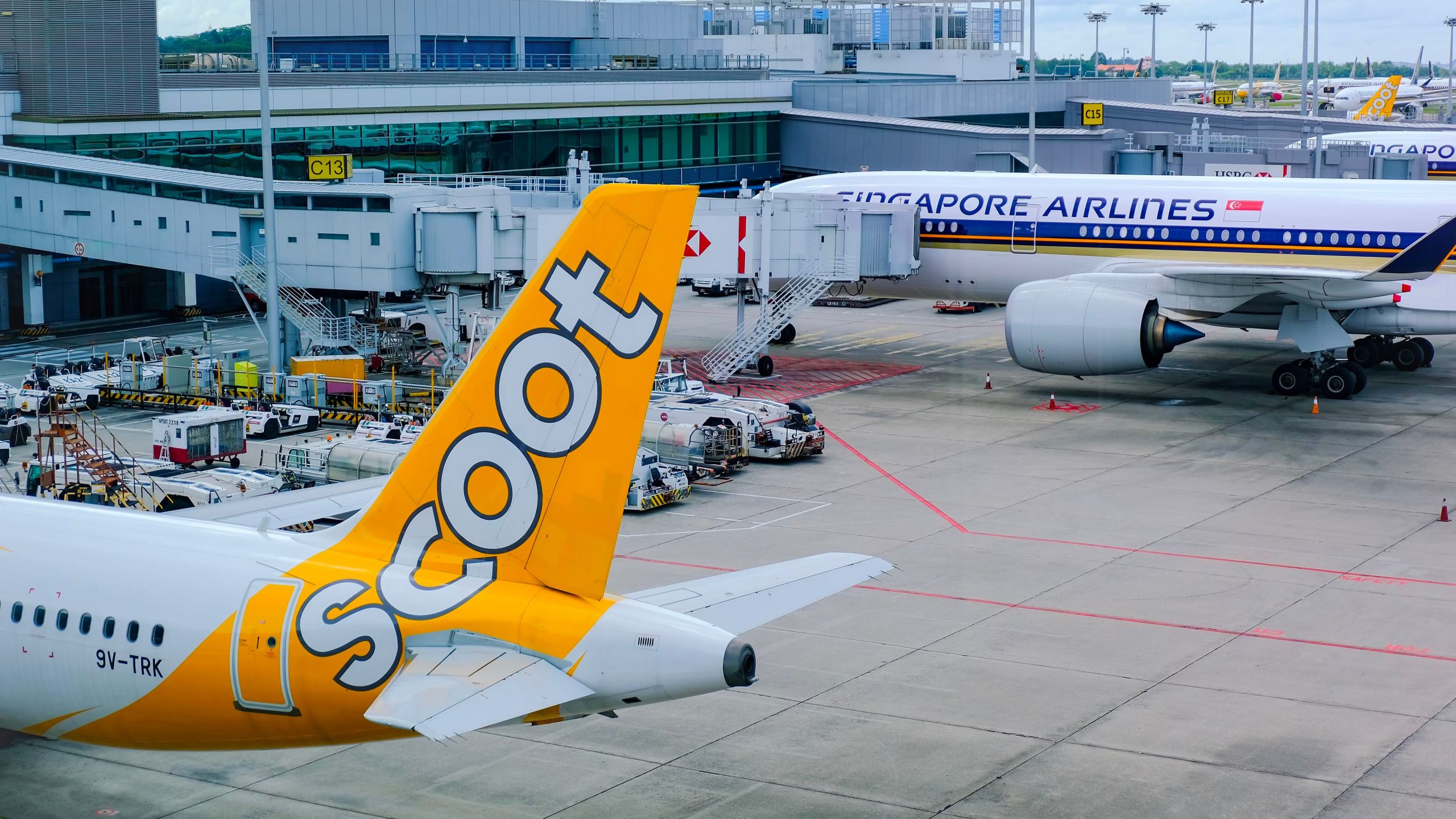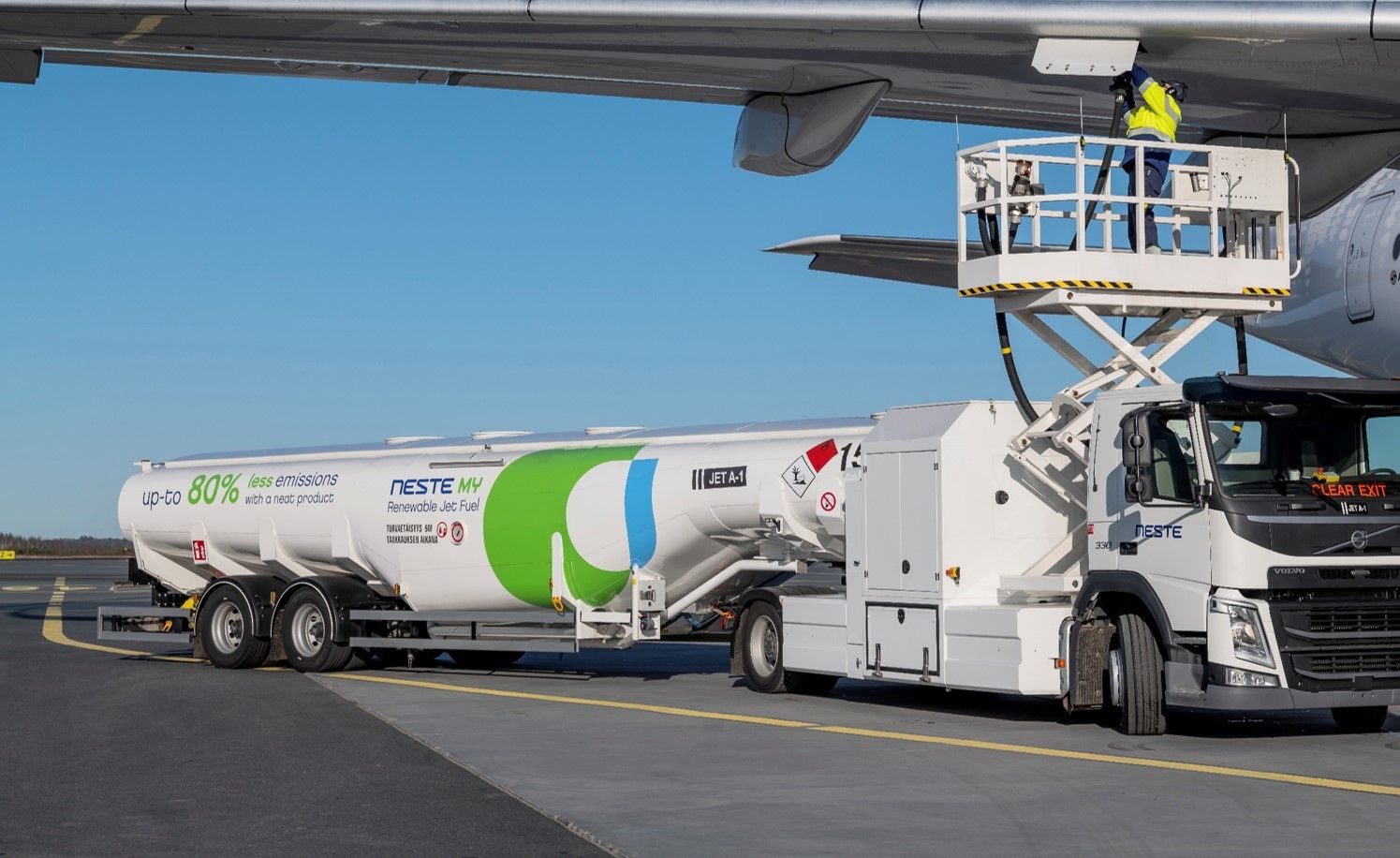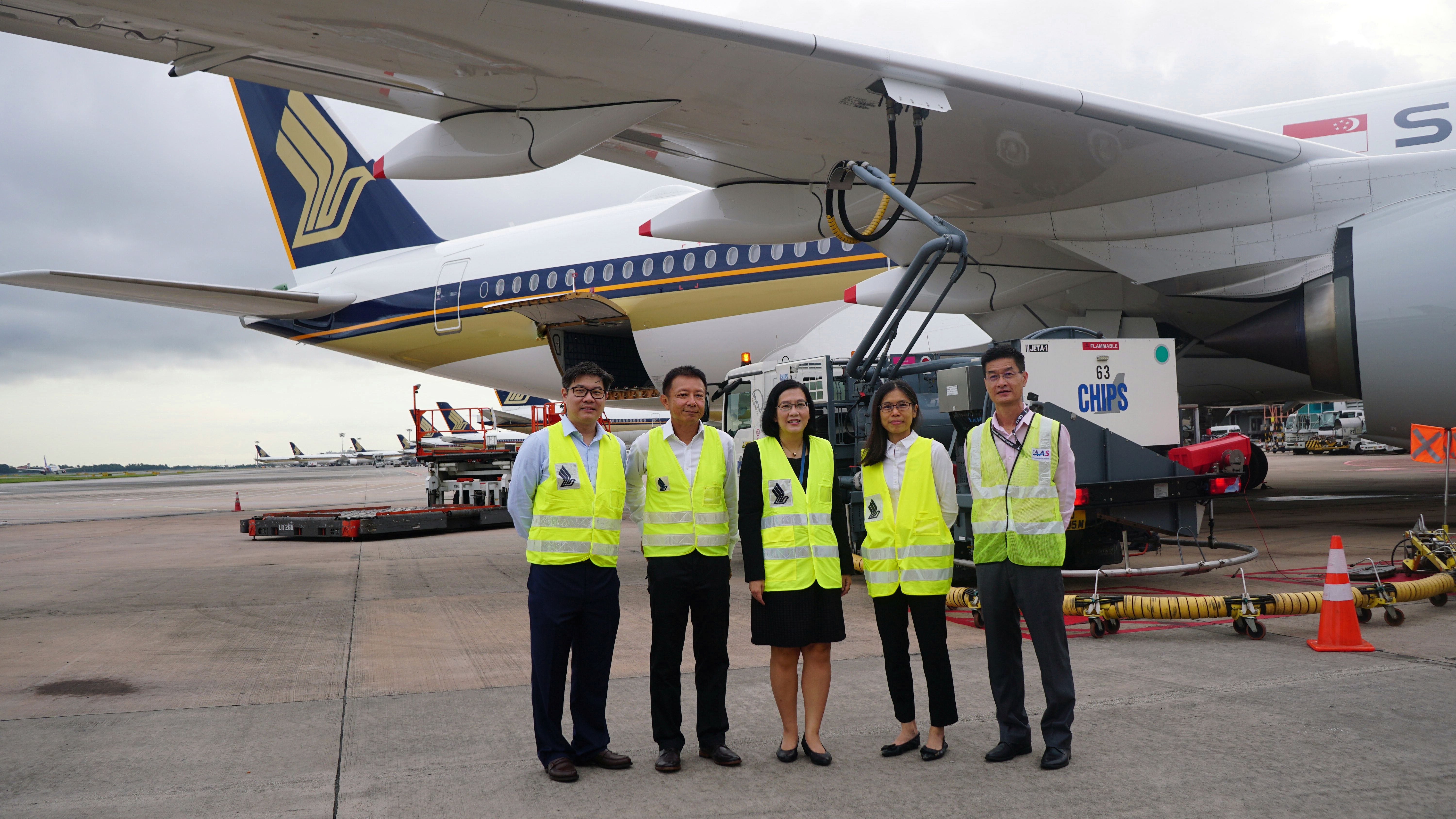Summary
- Singapore Airlines and Scoot commit to replacing 5% of fuel with sustainable aviation fuels by 2030, supporting the industry’s decarbonization efforts.
- The Singapore Airlines Group has been actively working with partners to understand the operational and commercial aspects of sustainable fuels.
- Collaboration with stakeholders, governments, and oil companies is crucial to invest in and build the infrastructure needed for sustainable fuel production.
Following on from last week’s Association of Asia-Pacific Airlines Presidents Assembly, Singapore Airlines and Scoot have announced their commitment to replacing 5% of their total fuel requirements with sustainable aviation fuels (SAF) by 2030. The two airlines have now publicly adopted the critical resolution taken by the airline CEOs at the assembly and given impetus to the development of SAF production globally.
The SIA Group has been putting work into SAF
The Singapore Airlines Group, comprising Scoot and Singapore Airlines (SIA), has been working with partners to better understand the operational and commercial factors supporting wider SAF adoption. This work has been done as part of the Singapore International Advisory Panel (IAP), which is developing the sustainable air hub blueprint, a roadmap for decarbonizing the country’s aviation sector.
Photo: Neste
In its announcement, the Group said that SAF is a key decarbonization lever for the airline industry, given its potential to reduce carbon emissions by up to 80% on a life cycle basis compared to conventional jet fuel. This makes SAF a critical driver for Singapore Airlines, and CEO Goh Choon Phong said today’s announcement is an important milestone in the SIA Group’s sustainability journey.
“The greater use of sustainable fuels will be a key lever in our decarbonization strategy, which includes our continued investment in new generation aircraft and greater operational efficiencies. Together this will put us on the path towards our net zero target.
“However, we cannot do this alone. Deeper collaboration with stakeholders, both in Singapore and around the world, is needed for all of us to meet our collective sustainability targets.”
Aviation can’t deliver on its own
The AAPA Presidents Assembly was themed around sustainability, and the topic focussed heavily on the fact that producing SAF is not within the airline industry’s control and that governments and major oil companies need to do more to invest and build the SAF production infrastructure. SIA said it will continue to find opportunities to work with all stakeholders to support the greater production and use of sustainable fuels.
Photo: SIA
In September 2023, SIA, the Civil Aviation Authority of Singapore (CAAS) and Gen Zero concluded a 20-month SAF pilot. This involved importing 1,000 tons of neat SAF and blending it in Singapore before uplifting it through the Changi Airport fuel hydrant system onto SIA and Scoot flights. The pilot reaffirmed Singapore’s operational readiness for sustainable fuels and that transactions in SAF credits can be conducted in a trusted and transparent manner.
The pilot also validated the complete process of bringing SAF into Changi Airport, including procurement, the blending of neat SAF with conventional jet fuel in Singapore facilities, safety certification and delivery of the blended SAF to the airport. Importantly, it also affirmed that sustainable aviation fuel can be safely deployed to the airport and uplifted onto flights without any modification to the existing infrastructure at Changi Airport.
SIA is sharing its learnings with industry partners to raise awareness and support for SAF among corporates and encourage efforts to scale up the adoption of SAF. SIA said discussions with fuel providers on opportunities to purchase SAF are ongoing, and further details will be announced at the appropriate time.
Is SAF the answer? Let us know in the comments.



